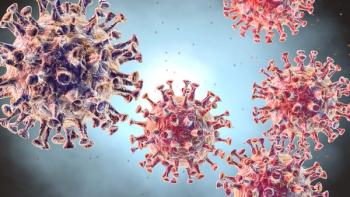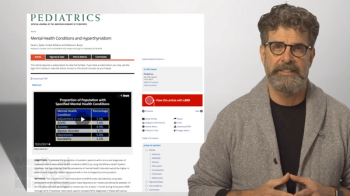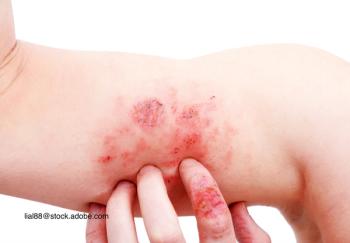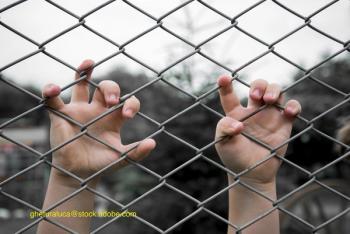
Parents may think they are protecting their children by hiding life’s stresses, but a new study suggests that children pick up on these cues and become stressed themselves.

Parents may think they are protecting their children by hiding life’s stresses, but a new study suggests that children pick up on these cues and become stressed themselves.

The complete toll of self-isolation to flatten the curve of COVID-19 remains unknown, but a new research letter from China shows that stay-at-home measures have increased depression and anxiety symptoms among children.

The COVID-19 pandemic continues to rage, but many questions remain. Questions like: How are children coping with the trauma many families are currently experiencing in their family lives? Are schools and pediatric offices prepared to help children and adolescents cope with their losses?

The world in which we live, work, socialize, learn, and play has turned upside down and is spinning out of control, directly related to COVID-19. Numerous questions have emerged and more emerge every day: How do we make sense of our world that changes direction within a millisecond of time?

Pediatricians can turn away from the path to physician burnout by finding their inner fire. Here are suggestions for finding that passion-and to keep smiling.

It’s no fantasy that children who play freely in the great outdoors are healthier in body and mind. New studies also suggest that active engagement with the natural environment reduces stress and relieves depression in all ages.

For Contemporary Pediatrics, Dr Bobby Lazzara discusses a large cohort study using a military health system database that examined the concurrent diagnosis of hyperthyroidism and mental illness.

Postpartum depression has a number of profound effects. A new study indicates that postpartum depression could increase the risk of atopic dermatitis, especially at ages 5 and 9 years.

It seems to be a logical conclusion: Weight loss in severely obese teenagers will result in better mental health outcomes in addition to the more obvious health benefits. However, a new Swedish study indicates that this may not be the case.

As the rate of suicide climbs, the ability to access shows like 13 Reasons Why without parental supervision grows, and social media pushes an impossible quest for perfection, it has become more important than ever for parents, caregivers, and educators to have a good understanding of what depression is and what the signs are.

Why is there a gap in the mental health training of general pediatricians? This is a question that brings about a wide spectrum of opinions and likely just as many emotions from clinicians. Although there is no single answer to this question, the lack of appropriate training in mental health remains an issue in the training of pediatricians.

A recent study suggests that positive childhood experiences may counter the damaging effects of adverse experiences.

A recent study suggests that positive childhood experiences may counter the damaging effects of adverse experiences.

A recent study suggests that positive childhood experiences may counter the damaging effects of adverse experiences.

A recent study suggests that positive childhood experiences may counter the damaging effects of adverse experiences.

A recent study suggests that positive childhood experiences may counter the damaging effects of adverse experiences.

A recent study suggests that positive childhood experiences may counter the damaging effects of adverse experiences.

A recent study suggests that positive childhood experiences may counter the damaging effects of adverse experiences.

A recent study suggests that positive childhood experiences may counter the damaging effects of adverse experiences.

A recent study suggests that positive childhood experiences may counter the damaging effects of adverse experiences.

A recent study suggests that positive childhood experiences may counter the damaging effects of adverse experiences.

A new nationwide program helps primary care providers (PCPs) with mental health training to better address routine psychosocial issues in children and their families.

For many of us in pediatrics, depression and other related diagnoses can present a challenge. Our counterparts who treat adults see and treat depression more often and are often more comfortable with both diagnosis and treatment. It's time to work on this.

Pediatricians across the country will be affected by the trauma inflicted on children who are separated from their families and detained at the border.

Pediatricians are the ideal first-line providers to help identify, refer, and support new mothers affected by postpartum depression.